Naomi Osaka Said Meghan Markle Offered Her Support After She Took a Mental Health Break
In an essay for Time, Naomi Osaka revealed Meghan Markle reached out in support after she withdrew from the French Open to protect her mental health.
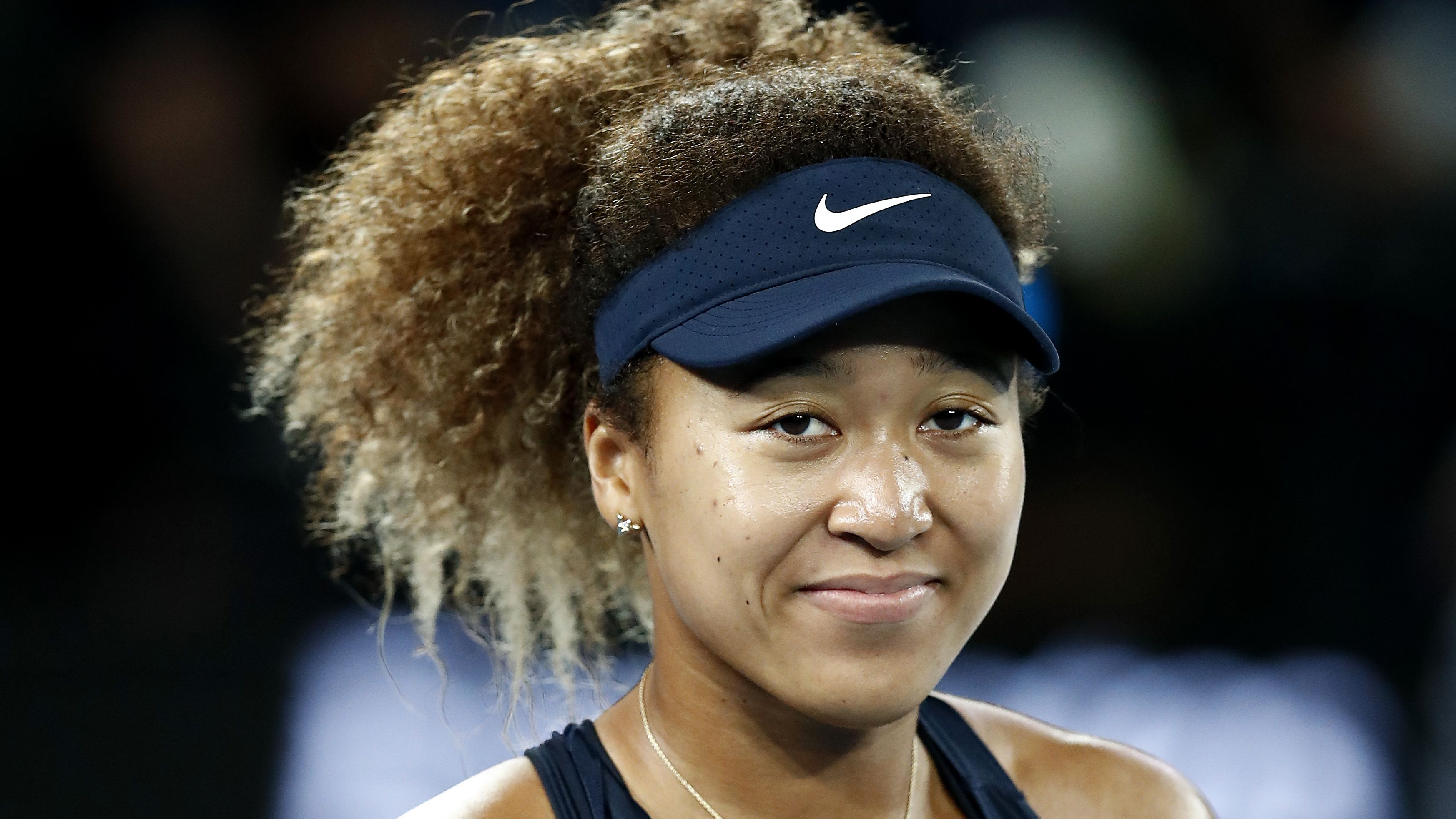
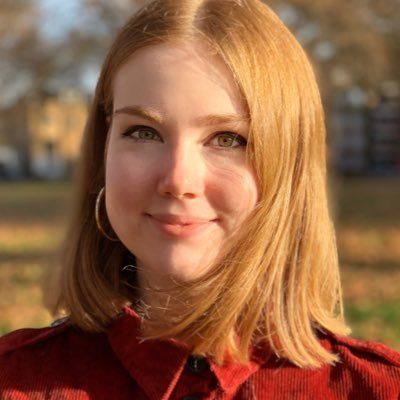
- Meghan Markle reached out to support Naomi Osaka after she withdrew from the French Open to protect her mental health.
- In an essay for Time, Osaka said Michelle Obama, Michael Phelps, Steph Curry, and Novak Djokovic also offered support.
- Osaka discussed the importance of protecting athlete's mental wellbeing, writing, "There can be moments for any of us where we are dealing with issues behind the scenes. Each of us as humans is going through something on some level."
This is absolutely lovely: In an essay for Time, Naomi Osaka revealed Meghan, Duchess of Sussex was among those to reach out in support after she withdrew from the French Open to protect her mental health. The tennis icon received unwarranted criticism and a $15,000 fine after saying she wouldn't attend press conferences at the tournament in order to maintain her mental wellbeing; she subsequently pulled out altogether, explaining she'd experienced "long bouts of depression" since 2018 and found press conferences triggered "huge waves of anxiety."
Osaka named Meghan as one of the public figures who "supported, encouraged and offered such kind words" in the wake of her French Open withdrawal. Michelle Obama, Michael Phelps, Steph Curry, and Novak Djokovic also reached out, she said.
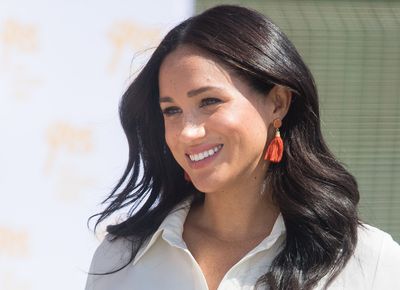
Osaka revealed the "great amount of pressure" she felt to publicly disclose her depression and anxiety, asking the media for "some level of privacy and empathy next time we meet." She shared her hope for "measures to protect athletes, especially the fragile ones," noting, "There can be moments for any of us where we are dealing with issues behind the scenes. Each of us as humans is going through something on some level."
She went on to propose athletes receive "a small number of 'sick days' per year where you are excused from your press commitments without having to disclose your personal reasons. I believe this would bring sport in line with the rest of society."
"Believe it or not, I am naturally introverted and do not court the spotlight," Osaka wrote. "I always try to push myself to speak up for what I believe to be right, but that often comes at a cost of great anxiety. I feel uncomfortable being the spokesperson or face of athlete mental health as it’s still so new to me and I don’t have all the answers."
"I do hope that people can relate and understand it’s O.K. to not be O.K., and it’s O.K. to talk about it. There are people who can help, and there is usually light at the end of any tunnel," she concluded. "Michael Phelps told me that by speaking up I may have saved a life. If that’s true, then it was all worth it."
RELATED STORY
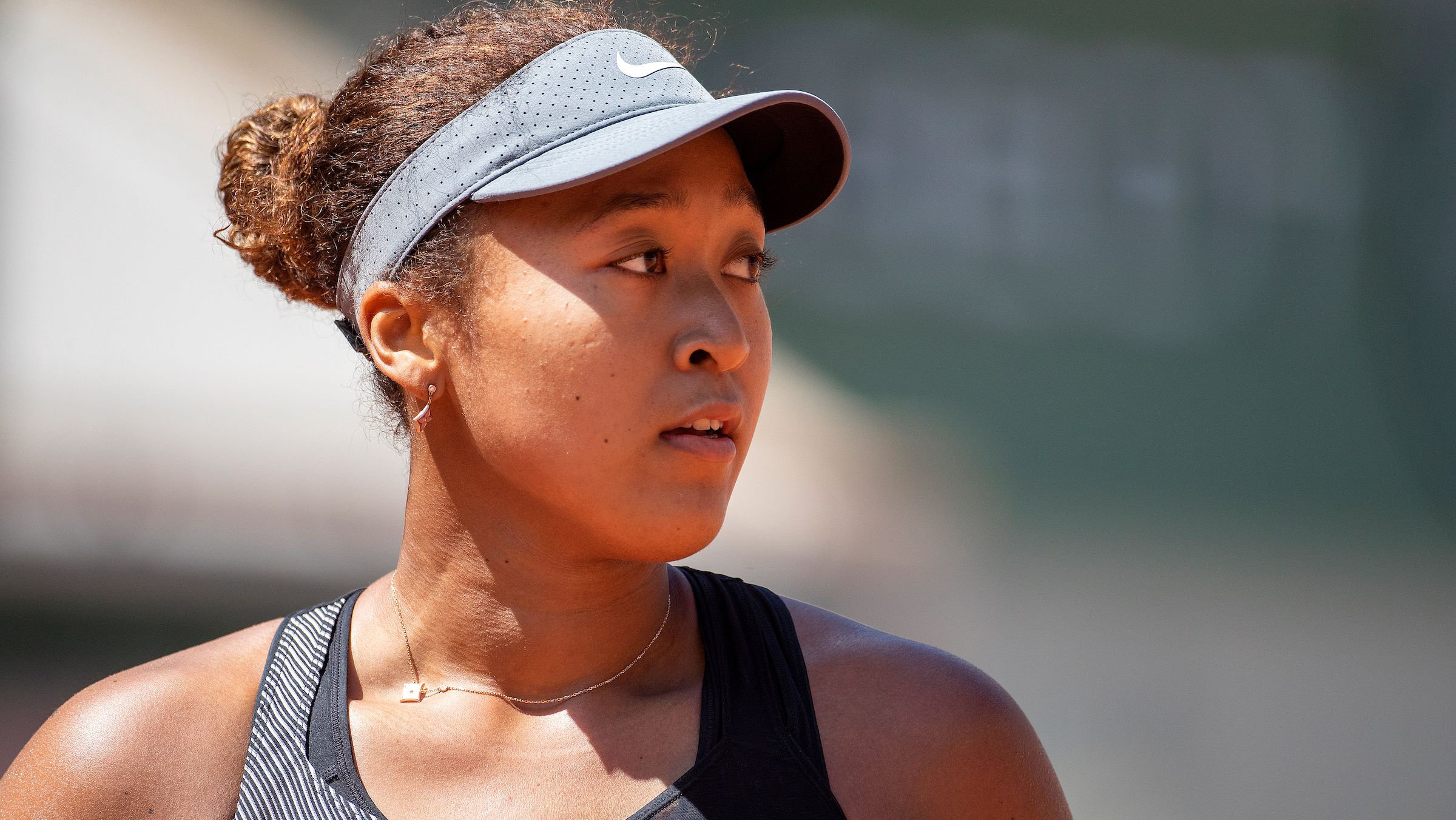
Stay In The Know
Get exclusive access to fashion and beauty trends, hot-off-the-press celebrity news, and more.

Emily Dixon is a British journalist who’s contributed to CNN, Teen Vogue, Time, Glamour, The Guardian, Wonderland, The Big Roundtable, Bust, and more, on everything from mental health to fashion to political activism to feminist zine collectives. She’s also a committed Beyoncé, Kacey Musgraves, and Tracee Ellis Ross fan, an enthusiastic but terrible ballet dancer, and a proud Geordie lass.
-
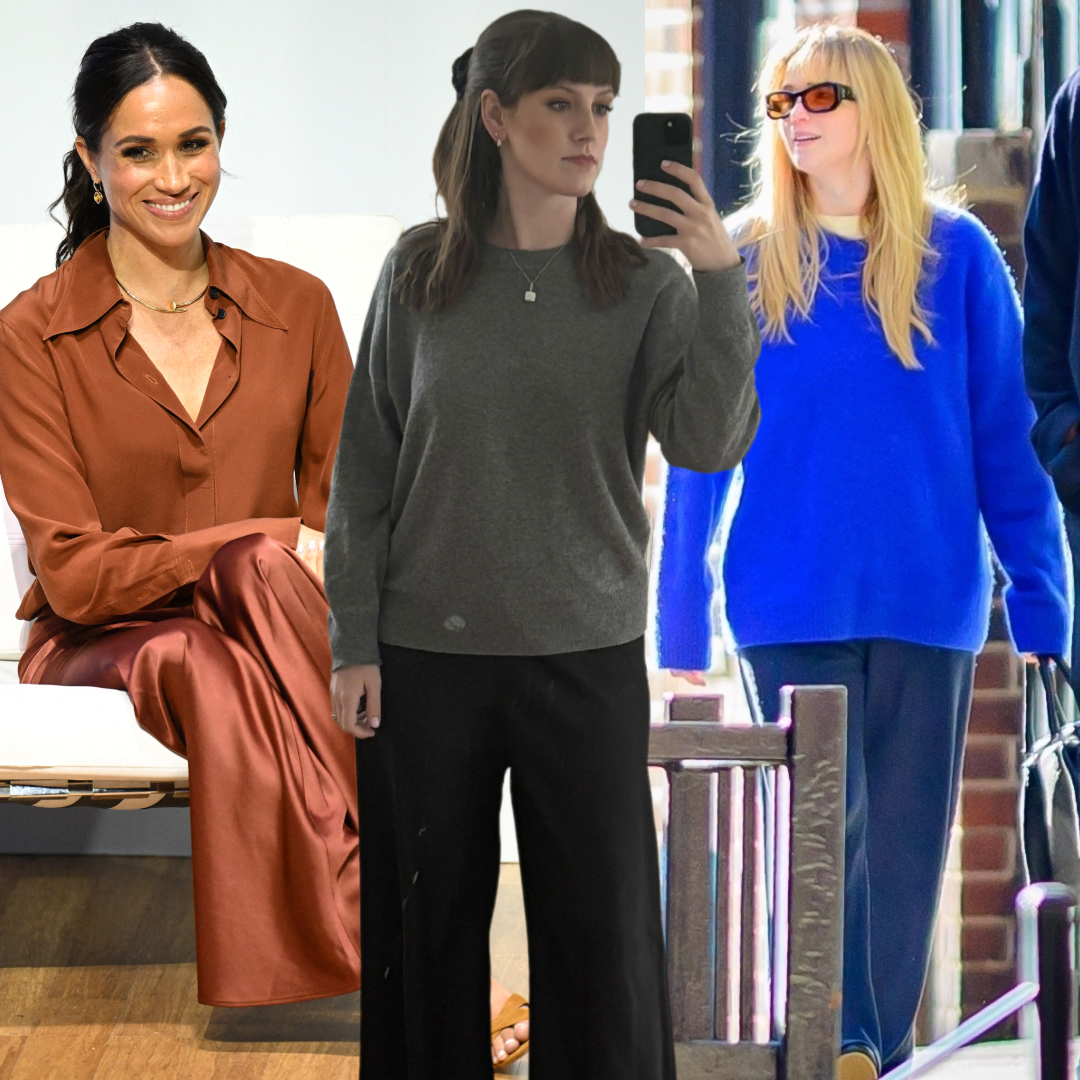 Celebrities Are All Trading Sweats for La Ligne's Colby Pants
Celebrities Are All Trading Sweats for La Ligne's Colby PantsOnce I pulled them on, I understood the hype.
By Halie LeSavage Published
-
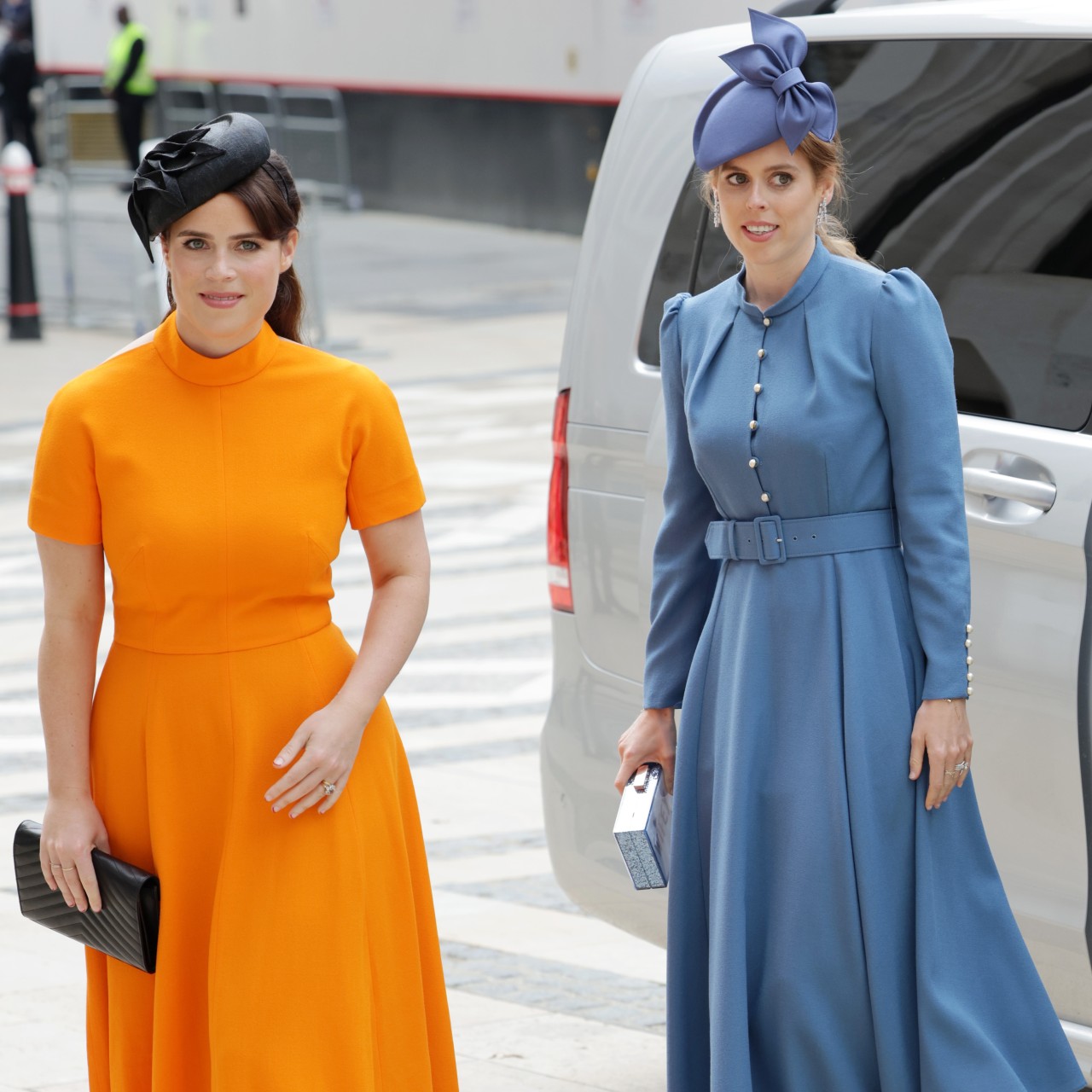 Sézane, Zara and Reformation Take the Lead in Princess Beatrice and Princess Eugenie’s F1 Grand Prix Fashion
Sézane, Zara and Reformation Take the Lead in Princess Beatrice and Princess Eugenie’s F1 Grand Prix FashionThe York sisters revved up their spring style in Bahrain.
By Kristin Contino Published
-
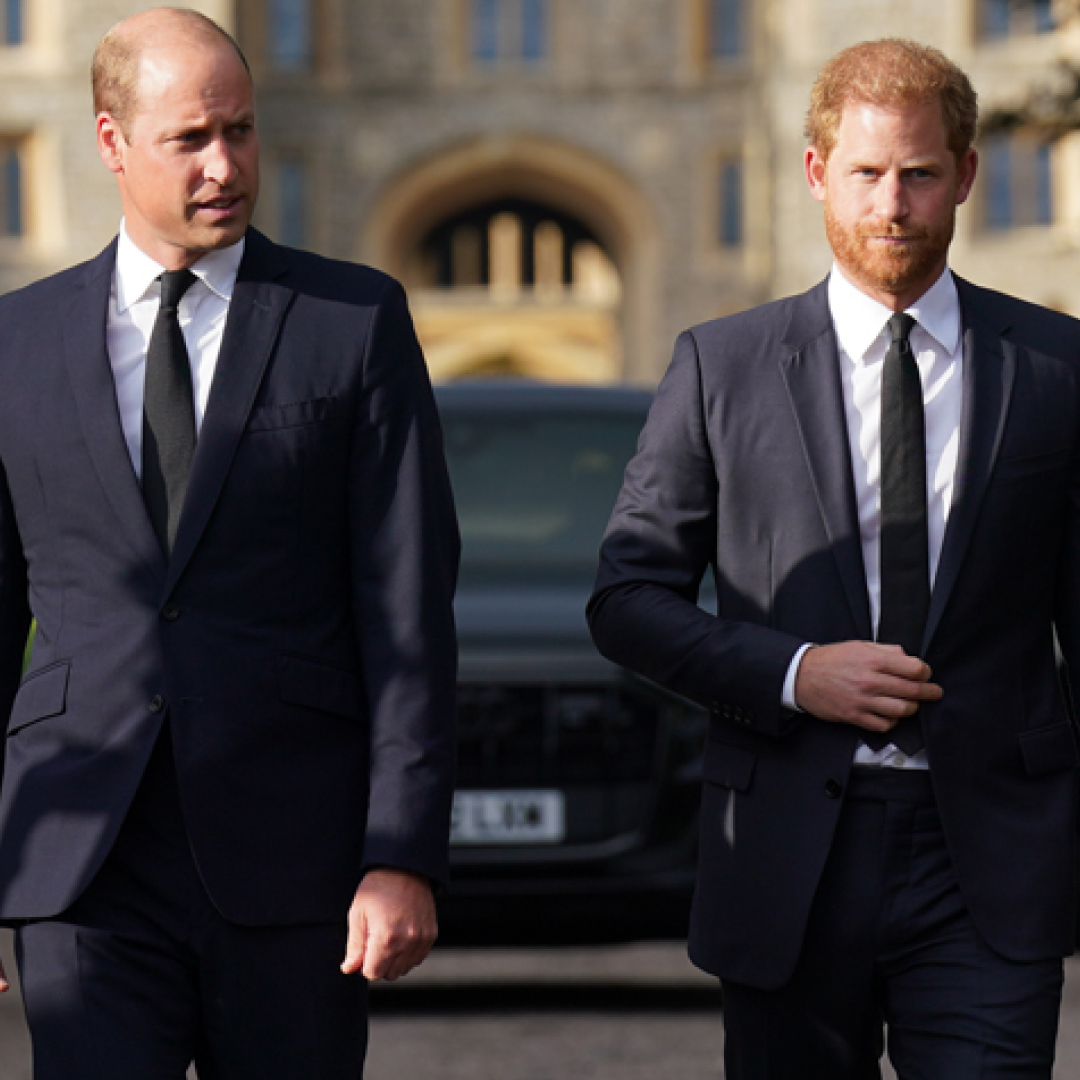 Prince Harry Allegedly Offered "Olive Branch" to Kate and William
Prince Harry Allegedly Offered "Olive Branch" to Kate and WilliamThe Duke of Sussex's decision was reportedly an effort "to make peace."
By Amy Mackelden Published
-
 We Taste-Tested Meghan Markle’s As Ever Jam, Honey and Flower Sprinkles—One Word Kept Coming Up
We Taste-Tested Meghan Markle’s As Ever Jam, Honey and Flower Sprinkles—One Word Kept Coming UpWomen across America gave 'Marie Claire' their thoughts on the Duchess of Sussex's first seasonal drop of products.
By Kristin Contino Published
-
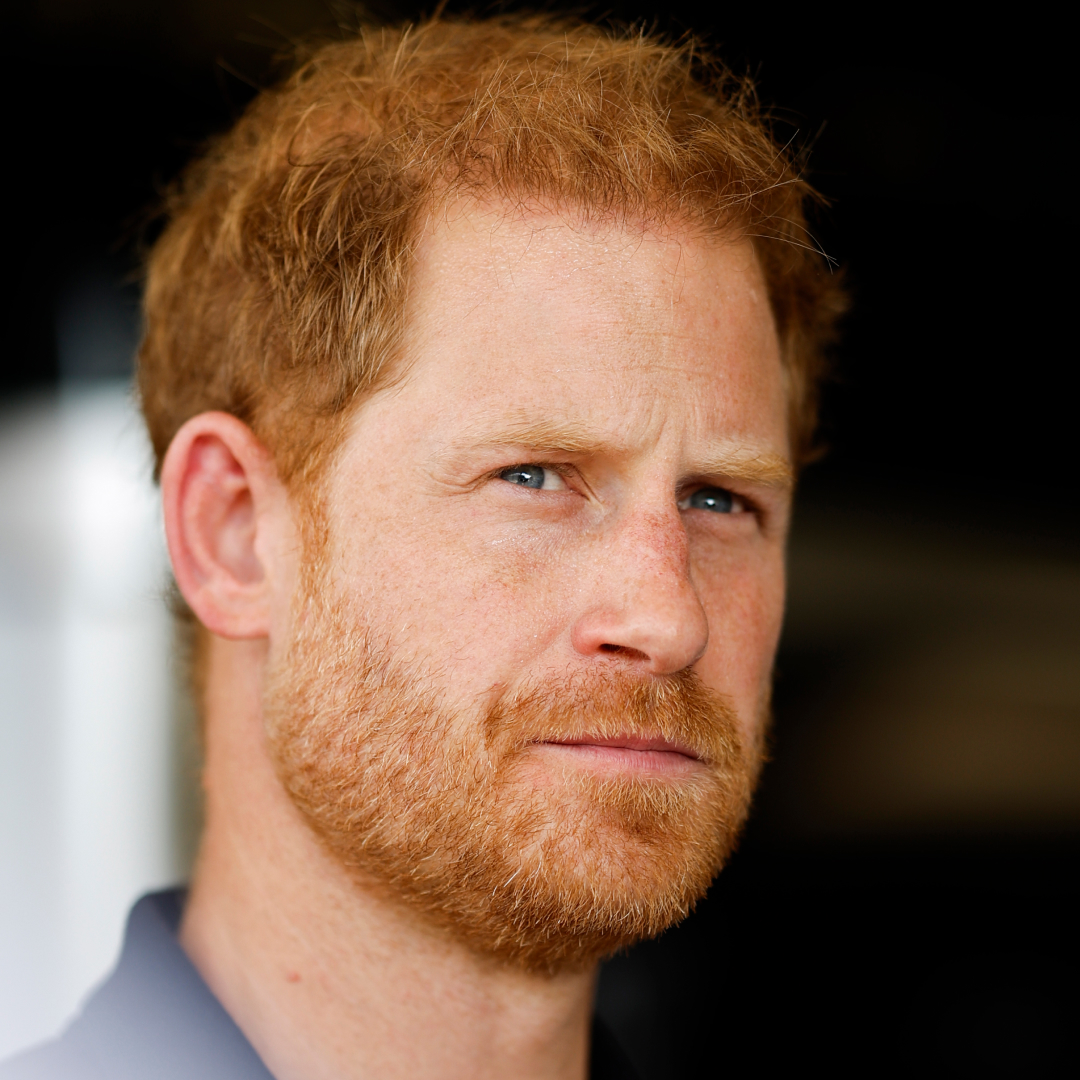 The Special Gift Princess Lilibet Received From "Papa" Prince Harry in Meghan Markle's Latest Instagram Post
The Special Gift Princess Lilibet Received From "Papa" Prince Harry in Meghan Markle's Latest Instagram Post"Made with love."
By Amy Mackelden Published
-
 Meghan Markle Shares Her Thoughts on Trump's Tariffs as She Launches As Ever
Meghan Markle Shares Her Thoughts on Trump's Tariffs as She Launches As EverThe Duchess of Sussex opened up about how her new business could be impacted in a new interview with 'Fortune.'
By Kristin Contino Published
-
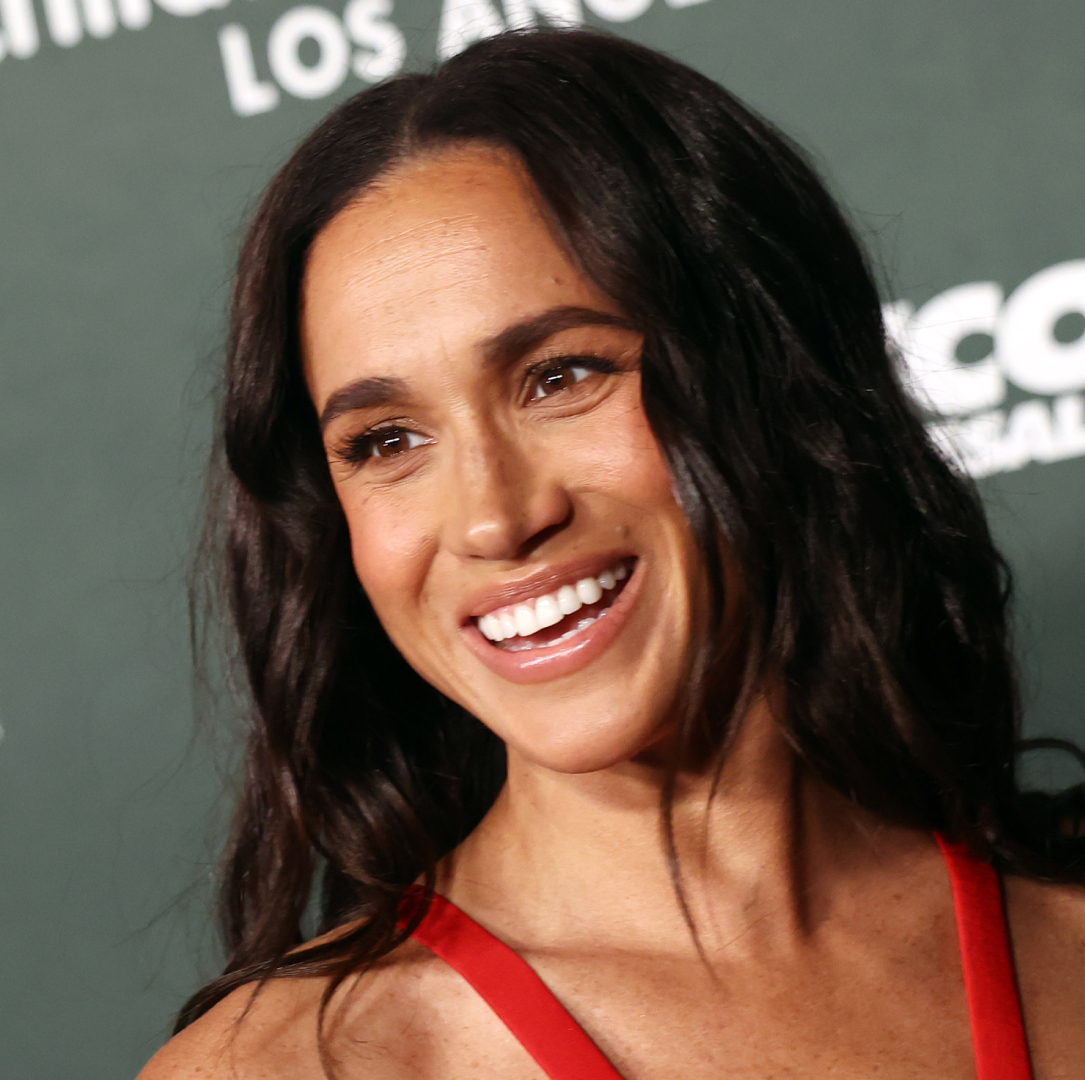 Meghan Markle Reveals "Scary" Post-Birth Health Battle in First Episode of New Podcast
Meghan Markle Reveals "Scary" Post-Birth Health Battle in First Episode of New Podcast"I mean life or death, truly."
By Kristin Contino Published
-
 Meghan Markle's Cozy and Affordable Gap Cable-Knit Sweater Set Is, Unsurprisingly, Selling Out Fast
Meghan Markle's Cozy and Affordable Gap Cable-Knit Sweater Set Is, Unsurprisingly, Selling Out FastThe Duchess of Sussex danced around the kitchen with her dogs while making banana pudding.
By Amy Mackelden Published
-
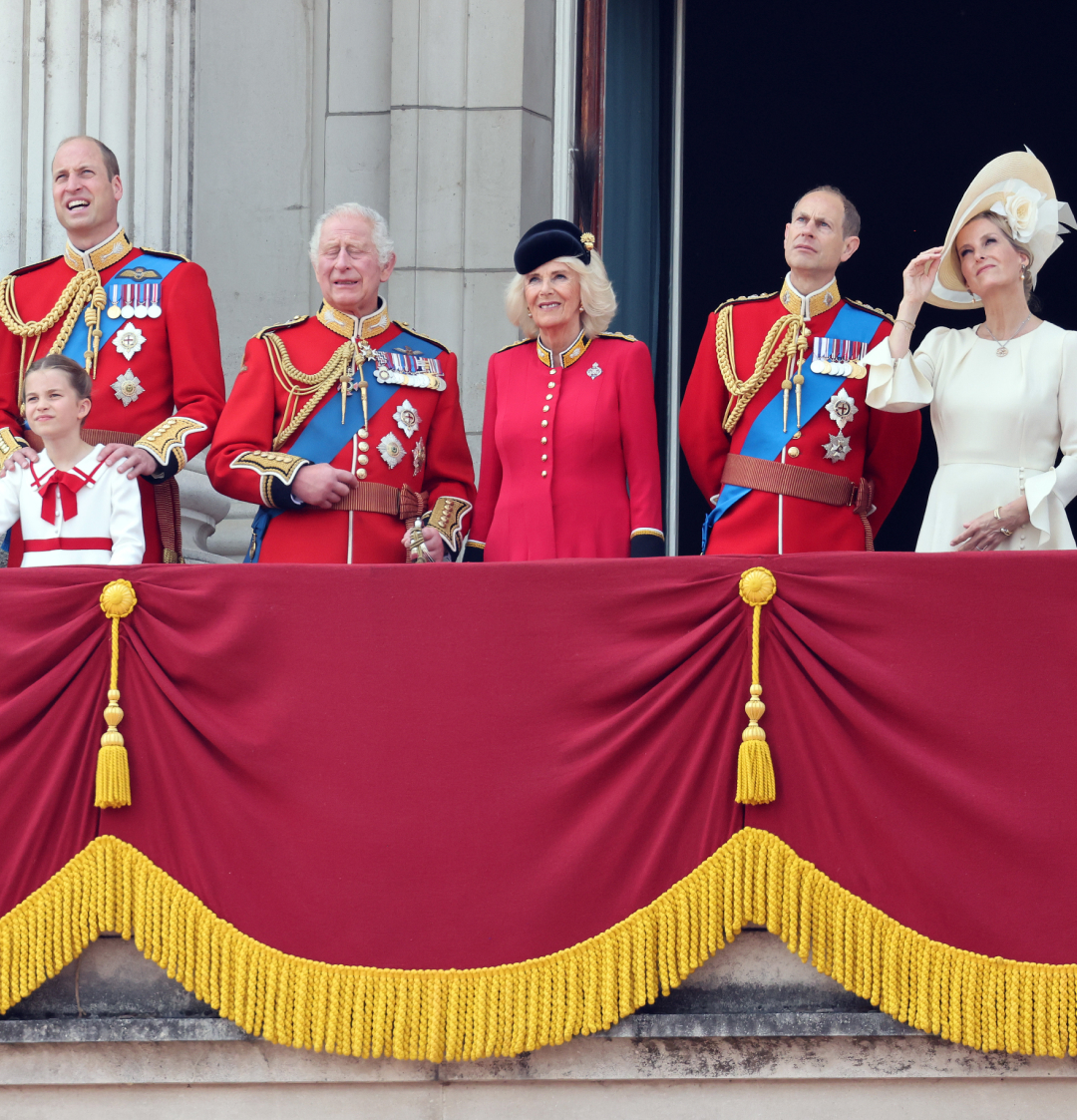 The Royal Family Has Seen an 11% Rise in Stalkers Over the Past 3 Years With Nearly 500 Targets Identified
The Royal Family Has Seen an 11% Rise in Stalkers Over the Past 3 Years With Nearly 500 Targets Identified"The difficult task is identifying those with the means and determination to act."
By Kristin Contino Published
-
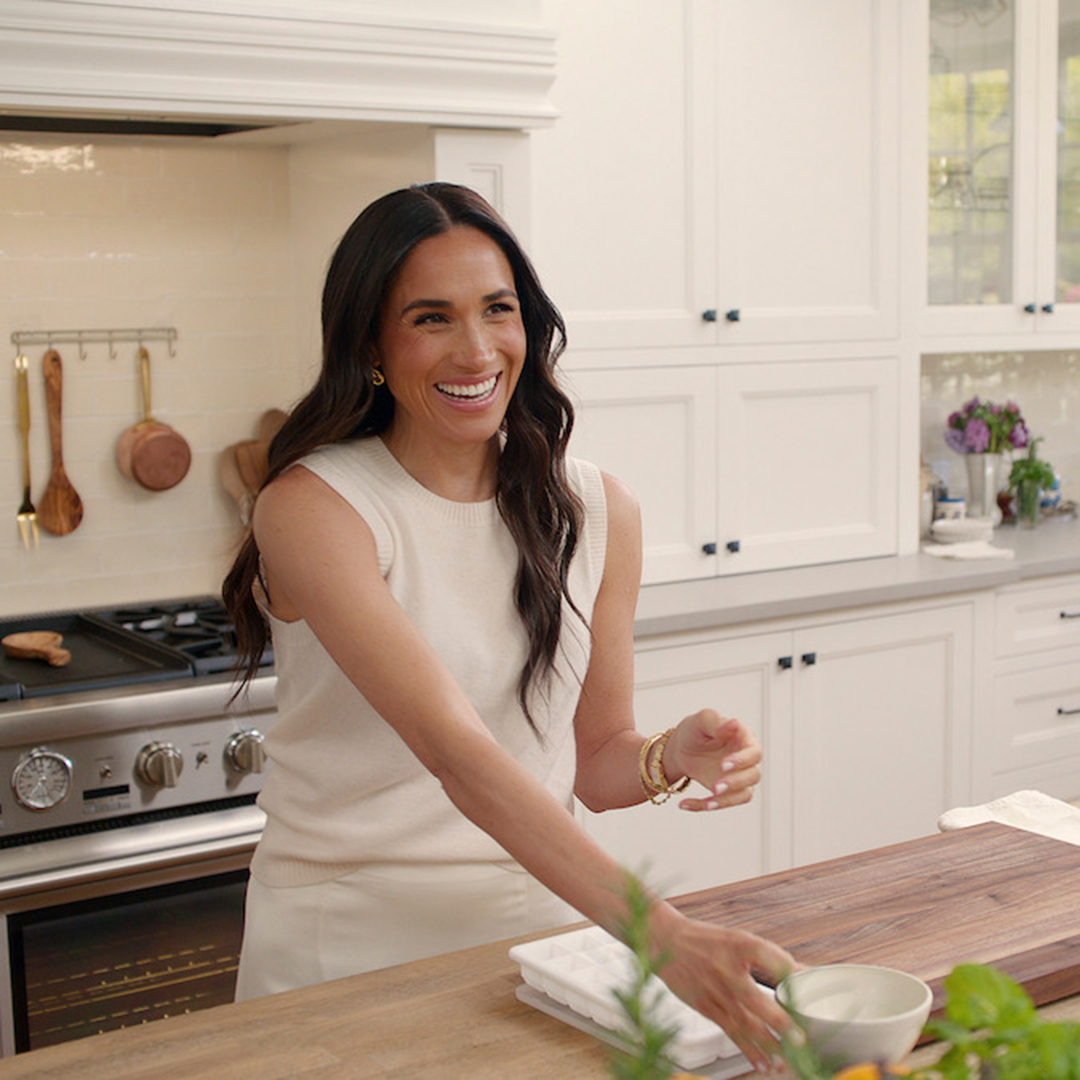 Meghan Markle Gives Fans an Even Bigger Peek Into Her Closet—And Her Real Kitchen—In New Instagram Posts
Meghan Markle Gives Fans an Even Bigger Peek Into Her Closet—And Her Real Kitchen—In New Instagram PostsThe copper pot envy is real.
By Kristin Contino Published
-
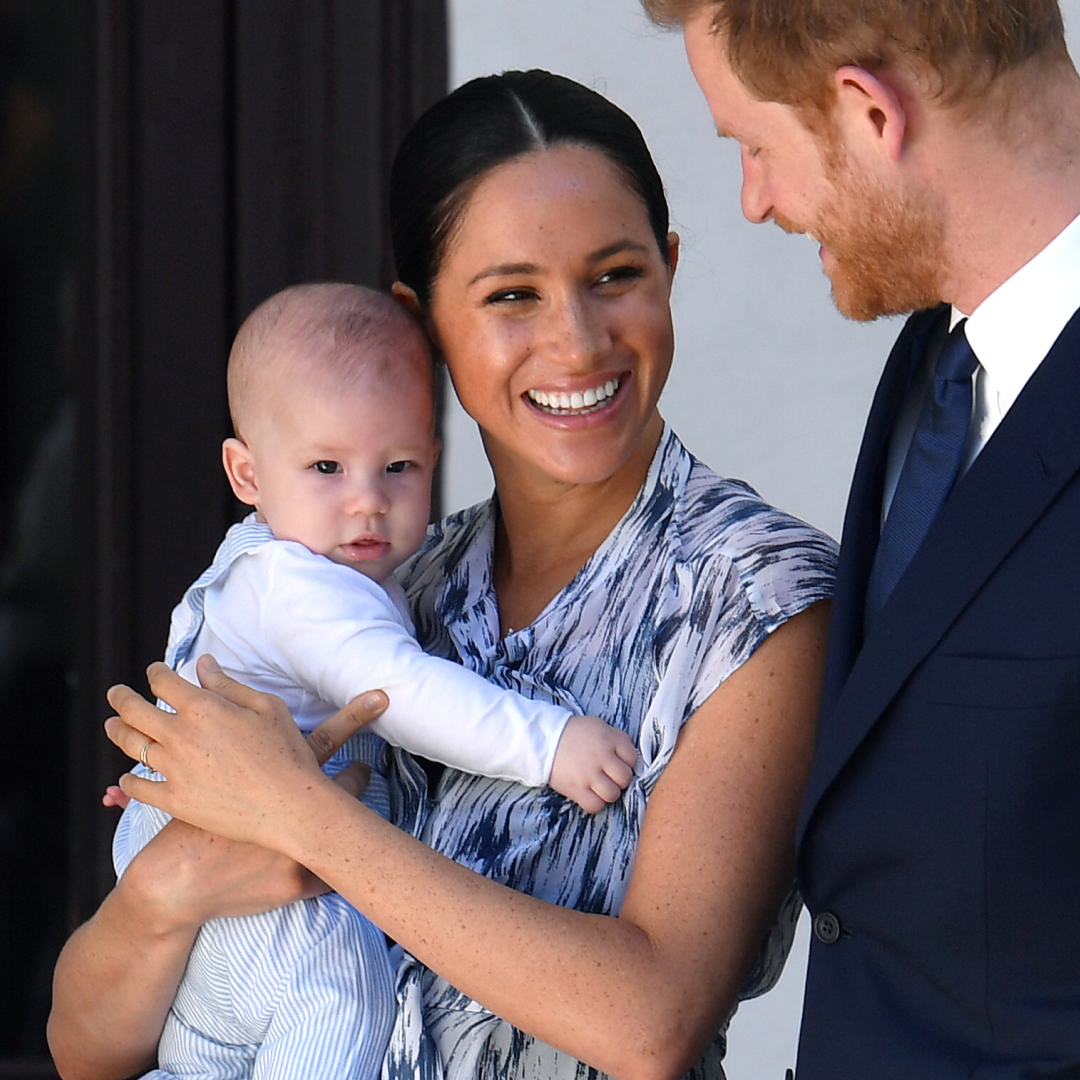 Meghan Markle Reveals Prince Archie and Princess Lilibet's Adorable Mother's Day "Family Tradition"
Meghan Markle Reveals Prince Archie and Princess Lilibet's Adorable Mother's Day "Family Tradition"The Duchess of Sussex shared the sweet way her family celebrates the special occasion.
By Amy Mackelden Published